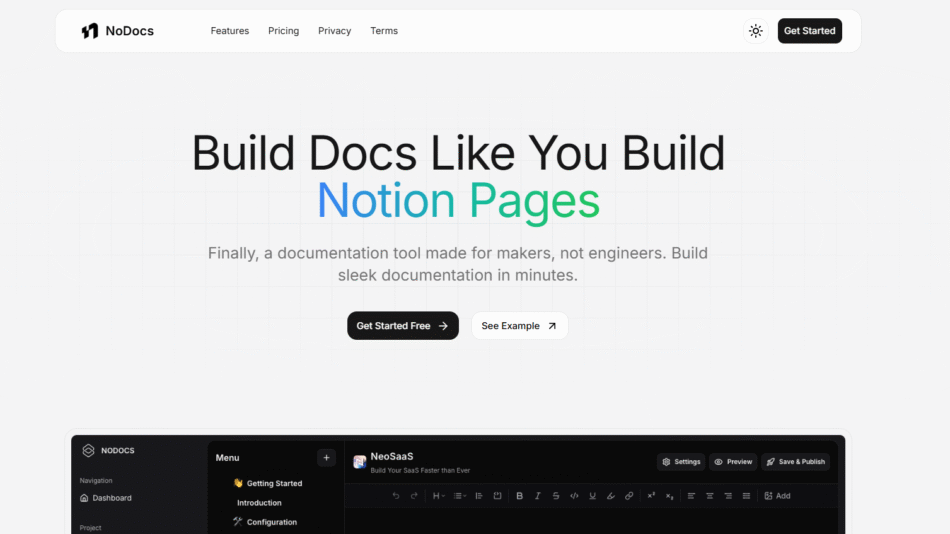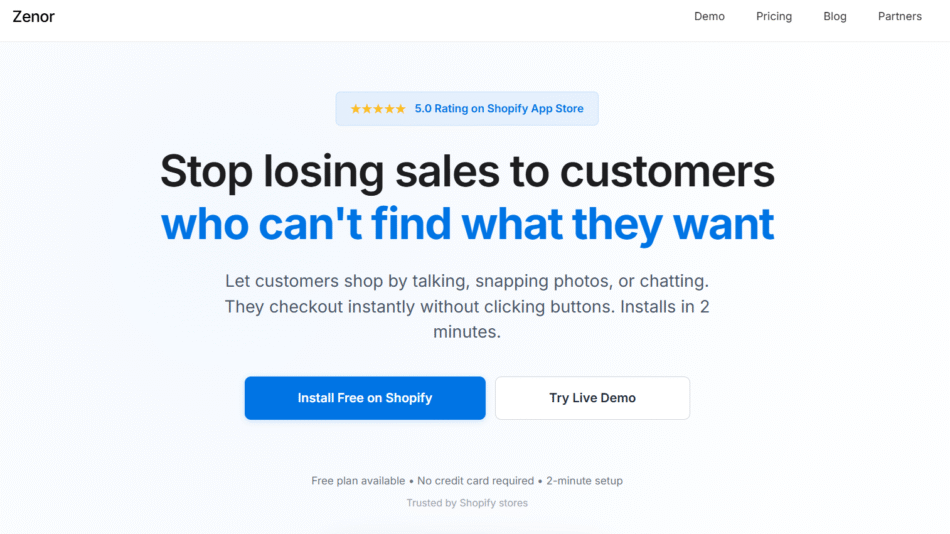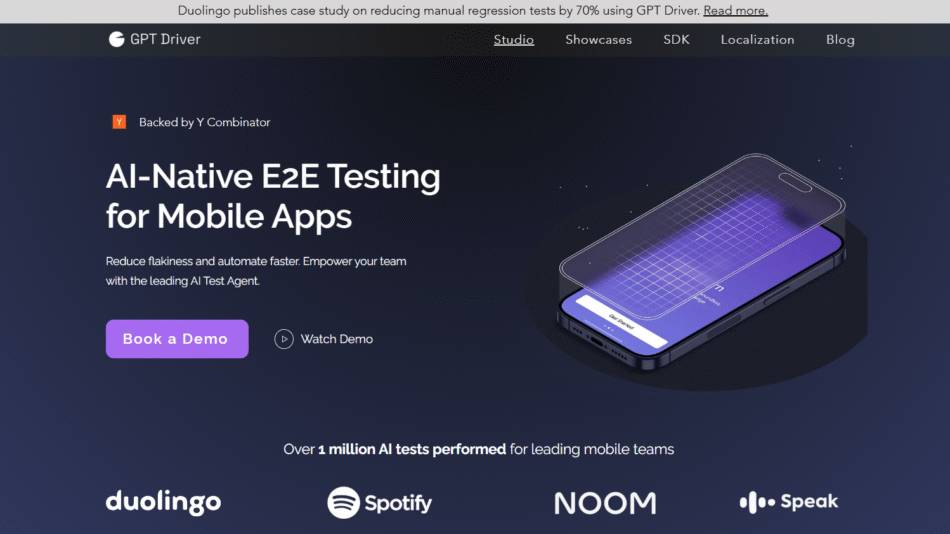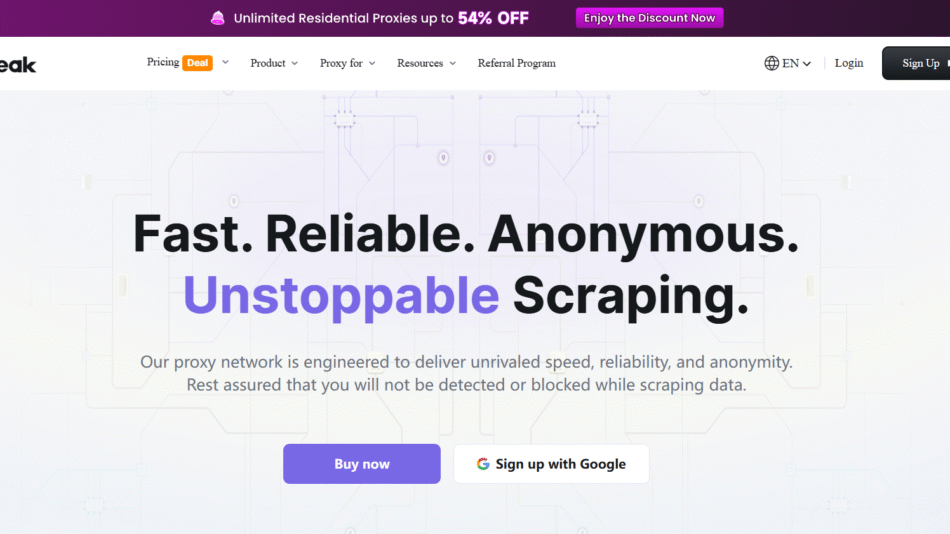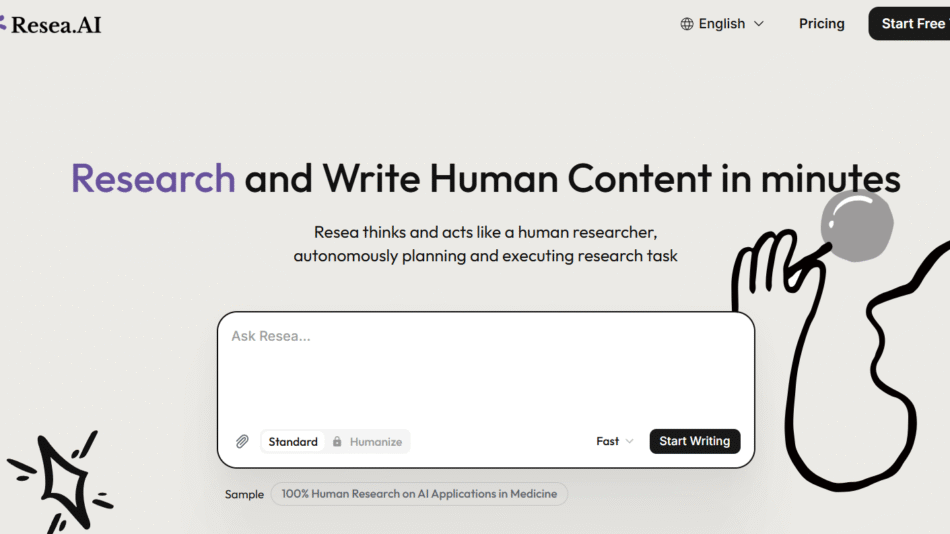OpenPipe is a developer-focused tool that enables efficient fine-tuning of OpenAI models using production data. It helps teams significantly reduce the cost and latency of large language model (LLM) applications while maintaining or improving performance.
Built to solve a major bottleneck in deploying LLMs—high inference costs and slow response times—OpenPipe allows developers to capture real usage data and train smaller, fine-tuned models that replicate outputs from larger OpenAI APIs like GPT-4. This approach delivers massive efficiency gains for apps that rely on deterministic or semi-repetitive responses.
Whether you’re building AI copilots, chatbots, or content generation tools, OpenPipe helps you train, deploy, and serve fine-tuned models with minimal overhead, seamlessly integrating into your existing OpenAI-based workflows.
Features
Production Data Logging
Automatically logs prompts and completions from your OpenAI usage to build a fine-tuning dataset.
Fine-Tuning Engine
Easily fine-tune smaller OpenAI models (like gpt-3.5-turbo) on real application data to replicate GPT-4 quality at a fraction of the cost.
Versioned Datasets
Track dataset versions and link them to model versions to ensure reproducibility and experiment transparency.
Side-by-Side Evaluation UI
Compare outputs from base models and fine-tuned models in a visual interface to evaluate performance.
Zero DevOps Deployment
Deploy fine-tuned models with no infrastructure setup using OpenPipe’s managed inference server.
Embeddable Logging Snippet
Add a simple line of code to your application to start capturing training data automatically.
API Compatible with OpenAI
Serve fine-tuned models using an API interface that mirrors OpenAI’s, making swapping models seamless.
Open-Source SDK
Integrates with most modern LLM apps via a lightweight, open-source SDK.
Custom Evaluation Metrics
Manually rate responses and tag errors to improve future fine-tunes with quality feedback loops.
How It Works
OpenPipe simplifies fine-tuning in a developer-friendly way:
Install the SDK
Add OpenPipe’s logging snippet to your app to start capturing prompts and completions from OpenAI responses.Build Your Dataset
Use the dashboard to filter, tag, and select examples for fine-tuning—curate high-quality data automatically.Train the Model
Fine-tune a smaller model using the collected examples. OpenPipe handles the training, optimization, and versioning.Evaluate and Compare
Use the visual diff tool to compare model outputs and validate that your fine-tune performs as expected.Deploy Seamlessly
Deploy your fine-tuned model via OpenPipe’s hosted API, fully compatible with the OpenAI interface.Iterate and Improve
Collect new data, refine examples, and re-train to continue improving accuracy and efficiency.
Use Cases
AI Customer Support Bots
Reduce costs for chatbots that handle repetitive queries with predictable structure.
Productivity Tools
Improve latency and performance in AI writing, summarization, or spreadsheet assistants.
Internal Copilots
Fine-tune models to better understand and respond in domain-specific enterprise applications.
Education & Tutoring Apps
Deliver more consistent outputs for standardized tests, study guides, or curriculum-aligned content.
AI Workflows with Consistent Output Format
Perfect for apps that require consistent response structure like JSON, XML, or templated prose.
SaaS AI Products
Boost scalability and reduce operating costs by running tuned models optimized for your customer data.
Pricing
OpenPipe offers a free tier and flexible pricing for production deployments:
Free Tier
Up to 1,000 logs
Dataset builder
Manual evaluation tools
Open-source SDK access
Pro (Usage-Based)
Pay per million tokens served
Fine-tune hosting and model deployment
Enhanced logging and evaluation features
Priority support
Enterprise
Custom training workflows
Dedicated infrastructure
Custom evaluation metrics and SLAs
Security and compliance support
For more details or to get started, visit: https://openpipe.ai/pricing
Strengths
Significant Cost Savings
Fine-tuned models reduce reliance on expensive GPT-4 calls, saving up to 90% in inference costs.
Low Latency
Smaller, fine-tuned models respond faster, improving UX in time-sensitive applications.
Developer-Centric Design
Minimal setup, familiar API structure, and open-source SDK make it easy to adopt.
No Infrastructure Required
Fully hosted solution means no model servers or cloud configuration needed.
Transparent Evaluation
Visual comparisons and manual scoring tools allow you to verify output quality with ease.
Rapid Iteration Loop
Continuous data logging and retraining allow developers to evolve models alongside product changes.
Drawbacks
Limited to OpenAI-Compatible Models
Currently optimized for OpenAI’s APIs; not compatible with open-source models like Mistral or Meta Llama.
Requires Usage Volume
Apps need meaningful traffic to generate enough high-quality data for impactful fine-tuning.
Not Ideal for Highly Variable Output
Best suited for tasks with structured or repeatable outputs; less effective in creative or abstract writing tasks.
Hosted Inference Only (For Now)
While fully managed, OpenPipe doesn’t yet support custom model hosting or export.
Comparison with Other Tools
OpenPipe vs. OpenAI Fine-Tuning API
OpenAI offers fine-tuning but lacks dataset versioning, automated logging, and evaluation tools. OpenPipe simplifies the entire lifecycle.
OpenPipe vs. LangChain
LangChain helps build LLM apps; OpenPipe helps optimize them post-deployment through real data.
OpenPipe vs. Weights & Biases
W&B is great for deep ML model tracking. OpenPipe is specialized for LLM fine-tuning using real app data and minimal ML experience.
OpenPipe vs. Custom API Wrappers
Instead of abstracting OpenAI with caching logic, OpenPipe replaces it with fast, fine-tuned models.
Customer Reviews and Testimonials
Developers using OpenPipe have shared positive feedback:
“Using OpenPipe, we cut costs by 85% without sacrificing quality. Fine-tuning GPT-3.5 on real data just works.”
— CTO, AI Productivity App
“The evaluation UI is brilliant. Seeing side-by-side comparisons before deploying makes tuning so much safer.”
— Indie Hacker
“OpenPipe lets us iterate like real software engineers—logging, testing, versioning—all without ML ops headaches.”
— Product Engineer, B2B SaaS Platform
You can find user reviews and project examples on OpenPipe’s GitHub and Product Hunt page.
Conclusion
OpenPipe is an essential tool for developers looking to reduce costs, improve performance, and fine-tune OpenAI models using real app data. It removes the barriers to efficient LLM deployment by offering simple logging, dataset management, and hosted fine-tuned models—no DevOps or ML background required.
If you’re building with OpenAI and scaling costs are becoming a challenge, OpenPipe provides a smarter, faster, and more cost-effective path to optimization.






